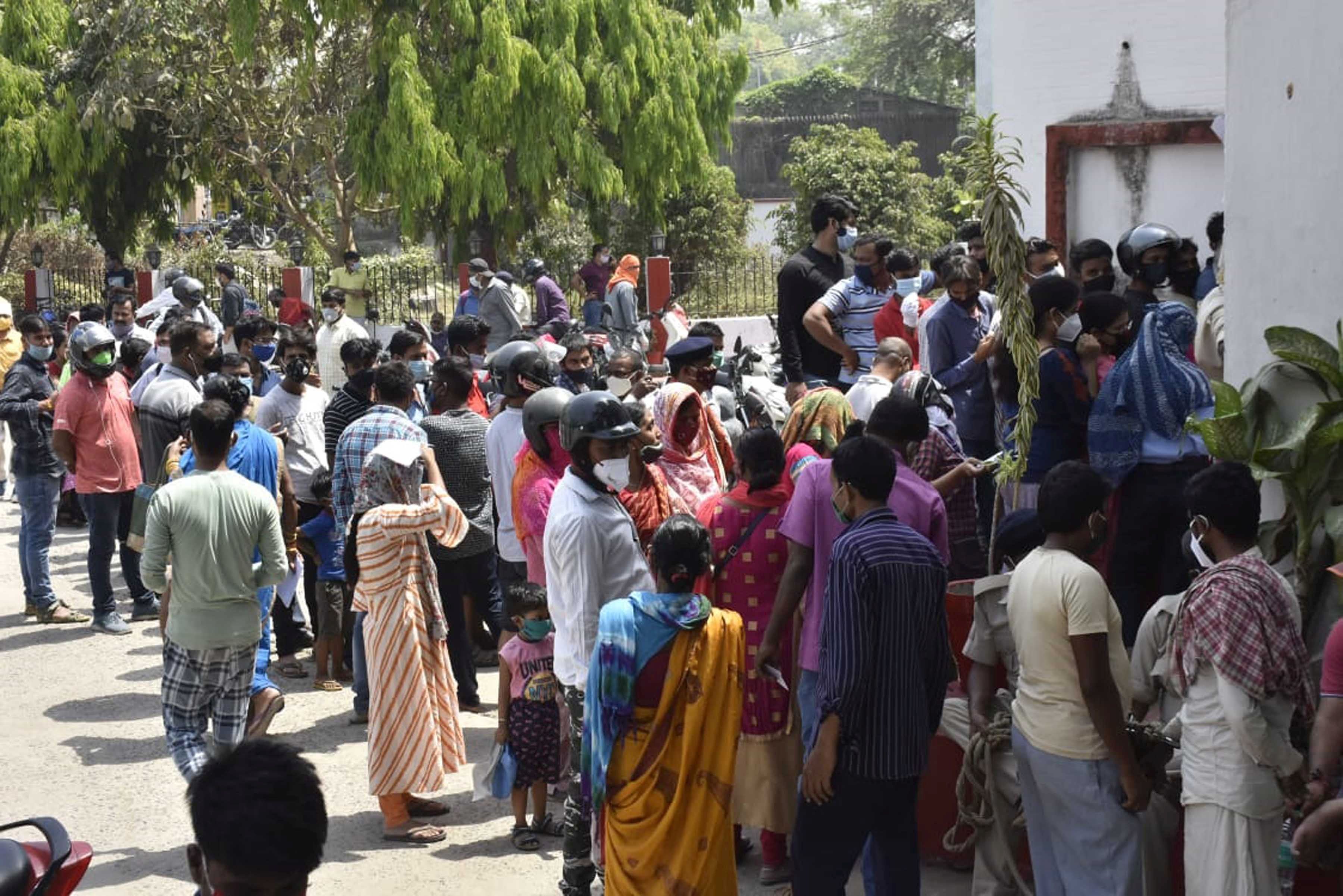
COVID is nowhere near its end, warns renowned epidemiologist Larry Brilliant
Renowned epidemiologist says Delta is probably the most contagious virus ‘ever’, and vaccination will be critical to end the contagion

With just a small portion of the world population currently vaccinated against COVID, the pandemic is going to be around for a while, according to renowned epidemiologist Larry Brilliant.
“I think we’re closer to the beginning than we are to the end (of the pandemic), and that’s not because the variant that we’re looking at right now is going to last that long,” said Brilliant, as quoted by a CNBC report.
The Delta variant of the SARS-CoV-2 is “maybe the most contagious virus” ever, he said. The epidemiologist, who was part of the WHO team that helped eradicate smallpox, had spoken on CNBC’s Squawk Box Asia programme last week. Brilliant is also the founder and CEO of Pandefense Advisory, a pandemic response consultancy.
Also read: Pregnancy, childbirth & COVID: Find answers to commonly asked questions
The Delta is suspected to have led to increased cases in India, China and the US, among others, in recent months. In India, it may have led to the deadly second wave, according to some researchers.
Vaccines to the rescue
Brilliant, however, emphasised that vaccines offered substantial protection from Delta. He particularly mentioned the vaccines deploying messenger RNA technology and the one produced by Johnson & Johnson.
Yet, the global vaccination status remains extremely low, he noted. Just 15% of the world population is vaccinated, the CNBC report quoted him as saying, adding that over 100 countries have vaccinated less than 5% of their populations.
Powerful from @larrybrilliant speaking to @biannagolodryga: “If we don’t have vaccination in the developing world and the world that doesn’t have vaccine, we will continue to run through the Greek alphabet and perhaps have to add a different alphabet after that with variants.” pic.twitter.com/UWUTbCOz6d
— Christiane Amanpour (@camanpour) August 6, 2021
“Unless we vaccinate everyone in 200-plus countries, there will still be new variants,” the report quoted him as saying. He further predicted that the coronavirus will follow the influenza to eventually become a ‘forever virus’.
V-shaped epidemic curve
The researcher, on studying the pandemic outbreak in San Francisco and New York, has predicted an “inverted V-shape epidemic curve”, according to the report. That means while the infections increase rapidly, they also decline quickly. Hence, the Delta variant may spread so quickly that “it basically runs out of candidates” to infect, said Brilliant.
This theory may explain the fall in cases in the UK and India in recent weeks, after shooting up in April and May.
“That may mean that this is a six-month phenomenon in a country, rather than a two-year phenomenon. But I do caution people that this is the Delta variant and we have not run out of Greek letters so there may be more to come,” the report quoted him as saying.
‘Super variant’ possibility
While there are fears of a ‘super variant’ emerging that resists vaccines, its probability is low, though it can’t be ruled out, said Brilliant.
“It’s such a catastrophic event should it occur, we have to do everything possible to prevent it,” CNBC quoted him as saying. “And that means get everyone vaccinated — not just in your neighbourhood, not just in your family, not just in your country but all over the world.”


